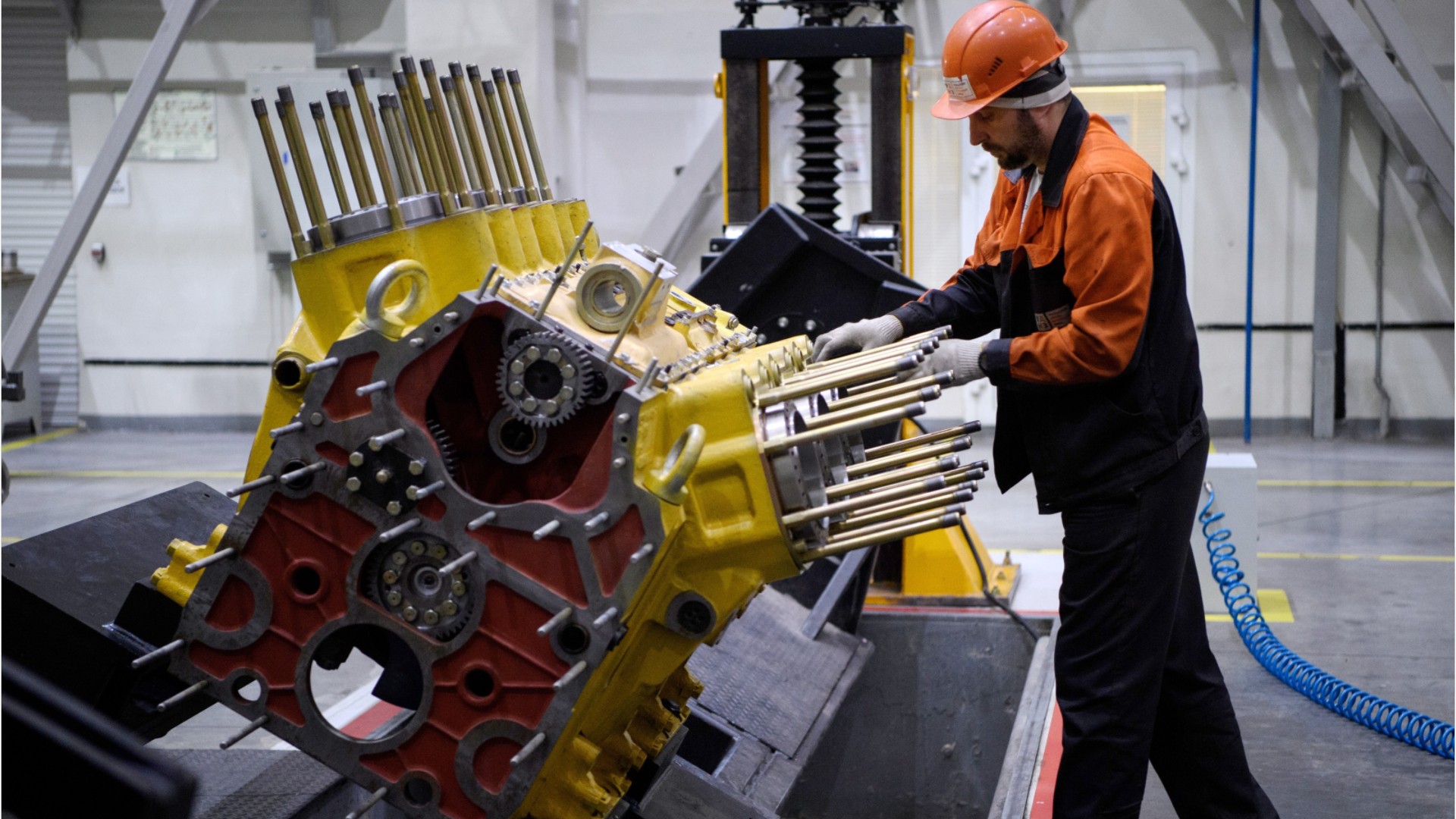Mobile Heavy Equipment Mechanics
Equipment Mechanic, Heavy Equipment Mechanic, Heavy Equipment Technician, Mechanic
What they do:
Diagnose, adjust, repair, or overhaul mobile mechanical, hydraulic, and pneumatic equipment, such as cranes, bulldozers, graders, and conveyors, used in construction, logging, and mining.
On the job, you would:
- Repair and replace damaged or worn parts.
- Test mechanical products and equipment after repair or assembly to ensure proper performance and compliance with manufacturers' specifications.
- Operate and inspect machines or heavy equipment to diagnose defects.
Knowledge
Engineering and Technology
- mechanical
- computers and electronics
Business
- customer service
Math and Science
- arithmetic, algebra, geometry, calculus, or statistics
Safety and Government
- public safety and security
Skills
Basic Skills
- thinking about the pros and cons of different ways to solve a problem
- reading work related information
Problem Solving
- noticing a problem and figuring out the best way to solve it
Technical
- figuring out what is causing equipment, machines, wiring, or computer programs to not work
- repairing machines or systems using the right tools
Abilities
Hand and Finger Use
- hold or move items with your hands
- put together small parts with your fingers
Controlled Movement
- quickly change the controls of a machine, car, truck or boat
- use your arms and/or legs together while sitting, standing, or lying down
Ideas and Logic
- notice when problems happen
- order or arrange things
Visual Understanding
- quickly compare groups of letters, numbers, pictures, or other things
Personality
People interested in this work like activities that include practical, hands-on problems and solutions.
They do well at jobs that need:
- Cautiousness
- Attention to Detail
- Dependability
- Perseverance
- Integrity
- Stress Tolerance
Technology
You might use software like this on the job:
Spreadsheet software
- Microsoft Excel
Data base user interface and query software
- Database software
- Recordkeeping software
Electronic mail software
- Microsoft Outlook
Education
Education: (rated 3 of 5)
certificate after high school or
high school diploma/GED
usually needed
high school diploma/GED
usually needed
Job Outlook
Bright
New job opportunities are very likely in the future.
Explore More
- Bus & Truck Mechanics & Diesel Engine Specialists
- Electric Motor, Power Tool, & Related Repairers
- Industrial Machinery Mechanics
- Maintenance Workers, Machinery
- Rail Car Repairers
You might like a career in one of these industries:
See more details at O*NET OnLine about Mobile Heavy Equipment Mechanics.





